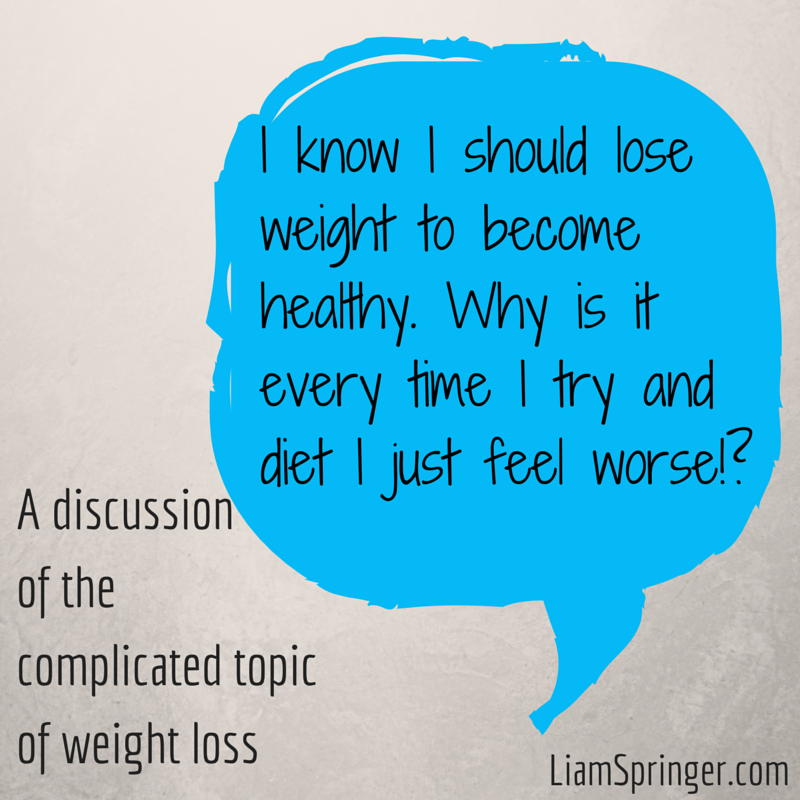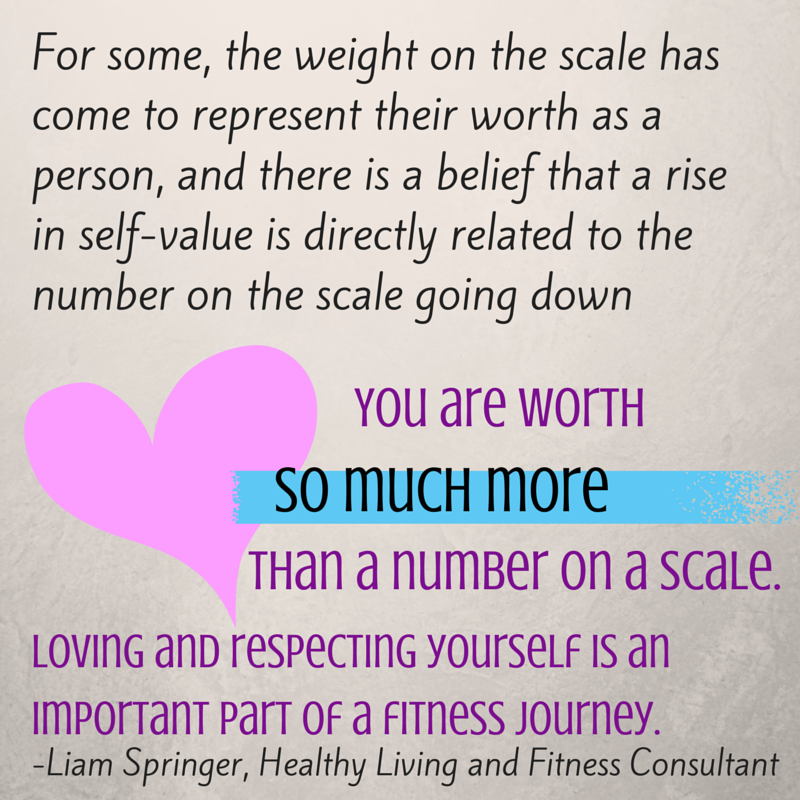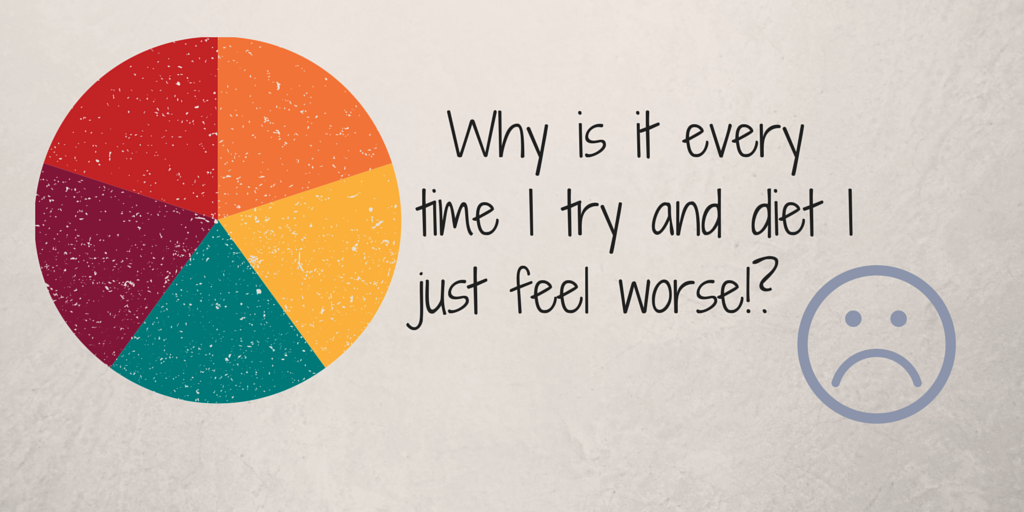
Weight loss is a complex topic.
I am going to address weight loss as a goal, because so many of us worry about it. Many of my clients name weight loss as a top desire and primary motivating factor for working out when we first begin working together. Weight loss is typically laden with emotional attachment and self-value. For some, the weight on the scale has come to represent their worth as a person, and there is a belief that a rise in self-value is directly related to the number on the scale going down. Even many people who are perceived as quite fit and lean exercise extensively with the belief that even a day or two missed will result in a gain of fat.

“You need to be healthy to lose weight, not lose weight to be healthy.” Dr. Schwarzbein thyroid health and weight loss specialist
There is a common belief that weight loss results in an increase in health. I actually think that this line of logic is misleading and overly simplistic. There are many thin people who are not very healthy, and there are some modestly overweight people who are healthy. If we are not careful, we will try and solve the problem of general health with treatments based on weight loss alone. In the pursuit of weight loss, many deprive their body of the very nourishment it needs to become healthy. Even though the number on the scale may go down, the person could be suffering from a decrease in health. They are trapping themselves in a cycle where inappropriate nutrition and weight loss leads to greater imbalance in body composition and further weight gain.
But everyone says I just need to eat less…
Starvation through caloric restriction as a method of weight loss deprives us the necessary nutrients for optimal metabolic function and will slow the activity of our systems. This reduction of body function results in a reduced caloric expenditure in order to maintain an energy balance that preserves life. This will slow weight loss and actually contribute to a greater propensity to store calories as fat. If our next step is to consume less, we will only exacerbate the starvation and compound the metabolic downturn. By the time we are deficient in vitamins and imbalanced in minerals, we have a real mess to unwind.
Weight fluctuation occurs during healing, not just weight loss.
If instead, the person were to take the opposite approach and nourish their body, with patience and consistency, the weight issues will begin to resolve on the path to wellness. Our bodies do not want to be overweight. In the natural state, our systems will coordinate healthy weight-loss or gain, as it is needed. I believe there is such a thing as the wisdom of the body. For example, if we are inappropriately heavy due to water retention, we will let go of it. If we are in need of more muscle and other functional tissue such as bone, we will acquire it. If we need to store more energy in our liver and muscles, we will gain weight in that way. If we have an excess storage of energy as fat, we will begin to use and waste it without a need for starvation. It is important we honor the body’s wisdom, if we hope to receive the most benefit and the longest lasting effect with respect to weight loss.
Don’t become the Yo-Yo.
Many times, as we shift to a healthier and more nutritious diet, and our bodies creep out of the stress driven state, we may gain a little weight. This can frighten people who are trying to lose weight, and they will start inappropriate dieting and caloric restriction again. Unfortunately this cycle, known as the yo-yo effect, can wreak havoc on our bodies. The yo-yo effect of dieting is simply the appropriate response of our bodies to chronic stress, brought on by semi-starvation, and then the relief of that condition. We can achieve healthier weight loss by first feeding the body what it needs to reduce stress and create systematic balance. This allows our body’s systems to function in a more natural and robust way and can really help in our goal to achieve optimal health and vitality.
Acceptance is the answer, not judgement.
Finally, it is important to recognize and honor the emotional component of weight loss and body image. It is neither right nor wrong that our self-esteem may be tied up in how much we weigh. However, it is central to our efforts to become healthier that we address these issues honestly, not only with ourselves, but also with our partners on our health journey. Being cognizant of the importance of the emotional issues at play helps to frame and individualize our goals, plans, and metrics. If we know emotionally that a weight gain of 5 pounds in the recovery phase is unacceptable, we need to find the best way to achieve a healthy weight without crossing that 5 pound weight gain threshold. The best and most intuitive health coaches realize this and can help us achieve our goals in a way that are custom-fitted for us.







